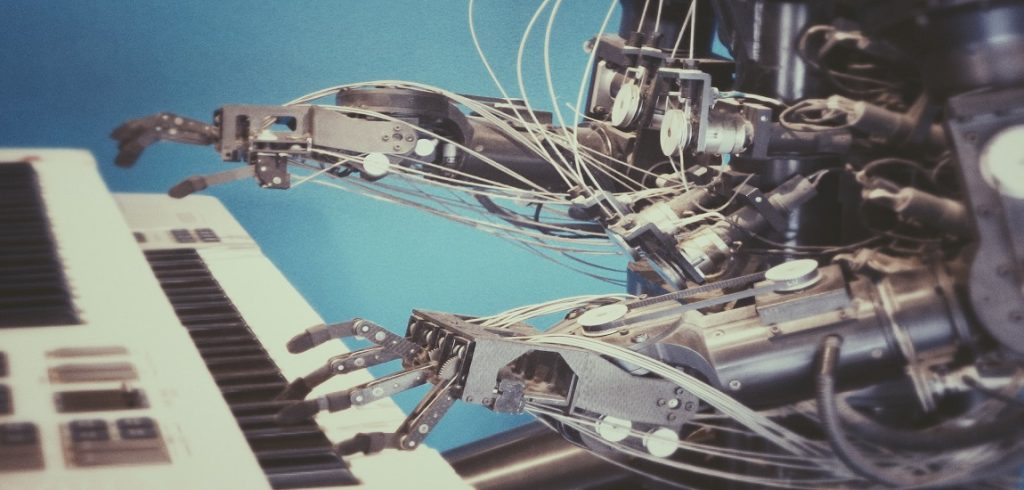
Pic Courtesy - Unsplash
Artificial Intelligence (AI) is taking center stage in the ever-changing world of business and product development, altering the way firms invent, design, and bring goods to market. AI-driven business and product development has become a game changer, giving those who harness its potential a competitive advantage.
In this blog, we will look at five crucial areas of artificial intelligence’s involvement in determining the future of product creation.
1. Enhanced Product Innovation : Product innovation has traditionally relied on a combination of market research, user feedback, and the intuition of experienced professionals. While these components are valuable, artificial intelligence (AI) provides a new dimension to innovation by sifting through massive volumes of data to detect latent trends and unmet needs. Customer evaluations, social media activity, and even competitor products can be analyzed by machine learning algorithms to identify areas for improvement or totally new product concepts. This data-driven approach to innovation not only decreases the danger of launching goods that fall short of expectations, but it also shortens the development period.
2. AI-Driven Design Suggestions: Product design is an art, but AI makes it a science. AI-powered design tools can create design recommendations based on a set of parameters and objectives, assisting designers and engineers in making educated decisions. In architecture, for example, AI can improve building designs for energy efficiency and aesthetic appeal. It can offer color combinations and fabric selections in fashion based on market trends and historical data. These AI-powered design tools improve the creative process by making it more efficient and customer-centric.
3. Prompt-Based Product Development: AI has improved the intuitiveness of human-machine communication. Product development teams can utilize natural language processing to discuss ideas, plan project scopes, and even evaluate product features by using prompts and conversational interfaces. This method simplifies the product development process while also allowing for continual input and revision. Teams may maintain a real-time discussion with AI-powered chatbots and virtual assistants, ensuring that the product matches with growing goals and market conditions.
4. Suggesting Customer Preferences: The holy grail of corporate success is understanding customer preferences. AI assists businesses in decoding customer behavior and preferences by evaluating data from multiple touchpoints. For example, recommendation systems enable the suggestions we see on e-commerce websites and streaming services. These algorithms are skilled at recognizing user preferences and predicting which products or content would appeal to them. AI may also tailor marketing messages to make them more relevant to certain clients. As a result, customer engagement and loyalty improve.
5. Market Trend Identification for Product: Staying ahead of market trends is critical in today’s fast-paced corporate landscape. In this sense, AI excels by constantly monitoring and analyzing market data, industry reports, news, and social media. It can detect emerging trends, customer sentiment, and future disruptions, delivering significant insights to enterprises. This proactive approach enables organizations to make timely improvements to their product development strategies and remain competitive.
AI-powered business and product development are reshaping how businesses generate and promote their goods. AI’s impact is broad and transformational, from increasing product invention to suggesting design enhancements, prompt-based cooperation, analyzing customer preferences, and spotting market trends. Adopting AI-driven methods not only increases the efficiency of the product creation process, but also prepares organizations to meet the market’s ever-changing demands. As AI technologies progress, organizations that leverage these capabilities will have a substantial advantage in producing products that not just meet but surpass customer expectations, all while remaining tuned in to the market’s ever-shifting tides. AI is driving the future of product development, promising innovation, efficiency, and unsurpassed customer delight.




More Blogs
Expanding Globally: Navigating Challenges and Leveraging Strategies
7 Ways of Making Progress: A Startup Expert’s Guide
AI in the Insurance Business: Revolutionizing the Industry